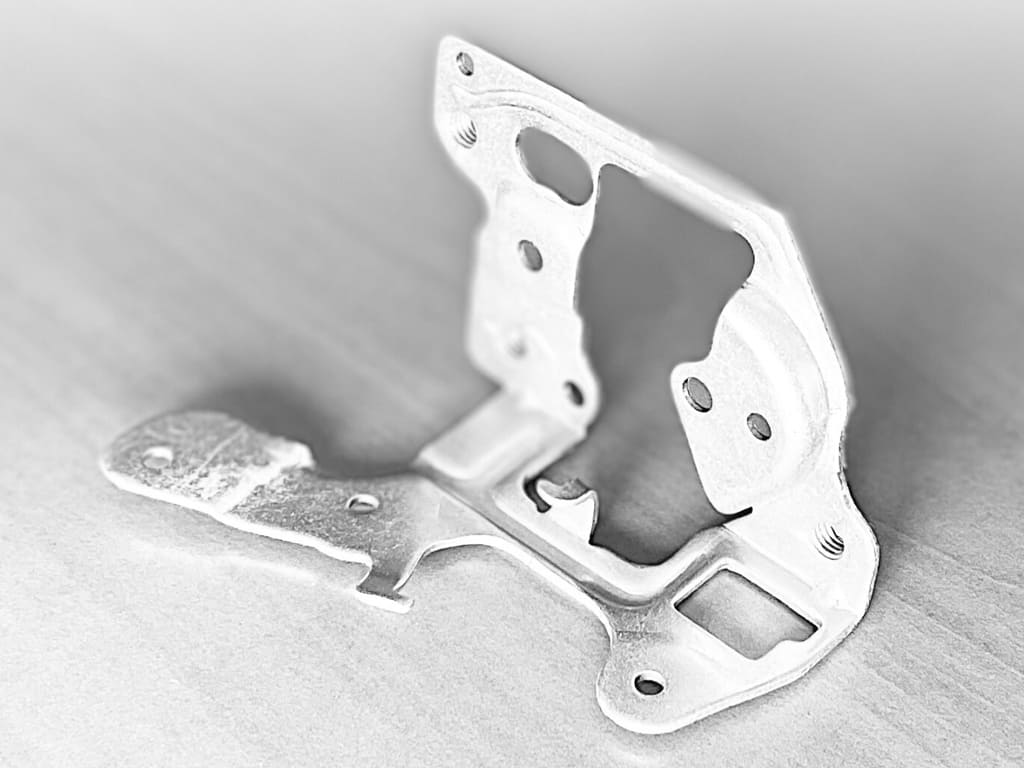CNC Machining Thin-Walled Parts: Fixture and Gradual Cutting
The factors that should be considered in the workpiece fixture design for CNC machining Thin-walled parts : Support and Clamping: The workpiece fixture should provide adequate support to prevent deflection or deformation of the thin-walled part during CNC machining. Clamping forces should be distributed evenly and carefully to avoid distortion or crushing of the machined […]
CNC Machining Thin-Walled Parts: Fixture and Gradual Cutting Read More »


